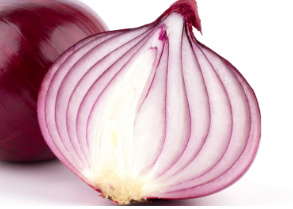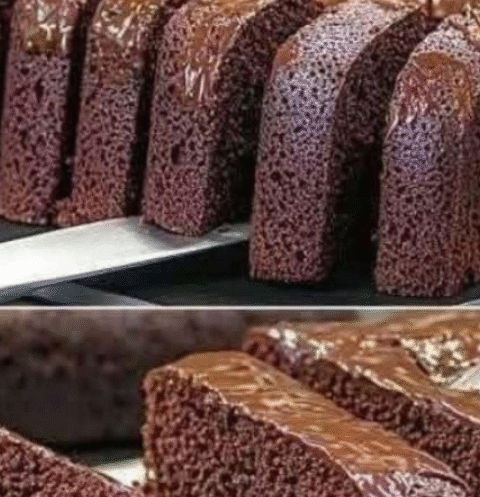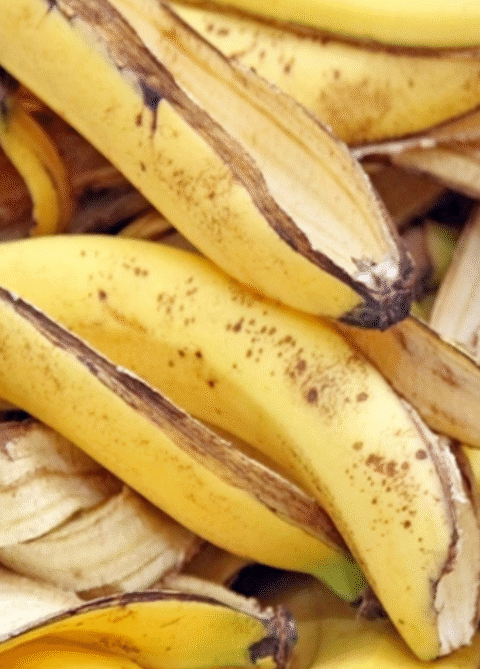🌱 How to Prepare Onion Water to Water Your Plants: A Complete Eco-Friendly Gardening Guide
In the modern gardening world, the shift from chemical-based fertilizers to sustainable, eco-friendly practices has been rapid and significant. Among these practices, one of the most surprising yet powerful techniques is the use of onion water as a natural fertilizer and pest repellent. 🧅💧 This humble, homemade solution is rich in essential nutrients and offers a cost-effective way to boost your plants’ growth and health.
In this comprehensive guide, we’ll explore exactly how to prepare onion water, its numerous benefits, and expert tips for using it safely and effectively in your home garden.
🌿 Why Use Onion Water for Plants?
Onions are more than just a kitchen staple—they’re packed with sulfur compounds, antioxidants, and minerals that can nourish plants, strengthen root systems, and deter harmful pests. According to Dr. Leila Nour, a horticultural researcher at the Green Earth Institute:
“Onion water provides a slow release of natural nutrients, making it ideal for organic gardeners who want to maintain soil health without resorting to synthetic fertilizers.”
Some of the main reasons gardeners use onion water include:
- 💪 Natural plant booster – Improves nutrient absorption and root development.
- 🛡️ Pest deterrent – The strong smell naturally repels many insects.
- ♻️ Waste reduction – Repurposes kitchen scraps, reducing food waste.
- 🌱 Eco-friendly alternative – No synthetic chemicals, safe for pollinators.
🥣 Ingredients & Tools Needed
- 🧅 Onions: Any type—yellow, red, or white—but avoid rotten or moldy ones.
- 💧 Water: Rainwater is best (chemical-free). Tap water works too.
- 🫙 Container with Lid: Jar, bucket, or large bottle.
🔧 Step-by-Step Guide to Making Onion Water
Step 1: Prepare the Onions
Peel the onions. You can use just the peels or the whole bulb. Cutting them into small pieces increases nutrient extraction.
Step 2: Soak the Onions
Place the onion pieces in your container and cover with water until fully submerged.
Step 3: Let It Steep
Cover the container with a lid or breathable cloth. Let it steep for 7–10 days, allowing nutrients to infuse into the water.
Step 4: Strain the Onion Water
Remove the solids and compost them. Keep the liquid as your fertilizer base.
🌼 How to Use Onion Water in the Garden
1. As a Fertilizer
Dilute onion water with regular water in a 1:10 ratio before applying to soil.
2. For Seed Germination
Soak seeds in a very diluted onion water solution for a few hours before planting to boost germination.
3. As a Natural Pest Repellent
Spray diluted onion water on leaves to keep pests away.
⚠️ Safety & Usage Tips
- Always dilute before using to avoid damaging plants.
- Use within 7 days for maximum potency.
- Do a small patch test before spraying all over the plant.
📊 Nutrient & Benefit Table
| Nutrient | Benefit to Plants | Average Amount in Onion Water (per 100 ml) |
|---|---|---|
| Sulfur | Strengthens plant immunity, repels pests | 5-10 mg |
| Potassium | Enhances root growth & flowering | 8-12 mg |
| Phosphorus | Supports seed germination | 3-5 mg |
| Antioxidants | Protects plant cells from stress | Varies |
❓ 10 Frequently Asked Questions
1. Can I use onion water on all plants?
Yes, but always test on a small area first.
2. Will onion water harm pollinators like bees?
No, when applied to the soil it’s harmless. Avoid spraying directly on flowers.
3. Can I mix onion water with other homemade fertilizers?
Yes, but avoid combining with strong acidic solutions.
4. How often should I use onion water?
Once every 2–3 weeks is sufficient.
5. Does it smell bad?
Yes, onion water has a strong smell, especially after steeping.
6. Can I store it in the fridge?
It’s better to store at room temperature and use quickly.
7. Will it kill weeds?
Not directly, but healthier plants can outcompete weeds.
8. Is rainwater really better than tap water?
Yes, because it’s chemical-free and softer.
9. Can I use onion skins from cooking?
Absolutely, they’re perfect for making onion water.
10. Is this method safe for vegetable gardens?
Yes, and it’s great for tomatoes, peppers, and leafy greens.
By making onion water at home, you’re not only feeding your plants but also taking a step toward more sustainable and eco-conscious gardening. 🌍🌱 Give it a try and watch your plants thrive naturally!






